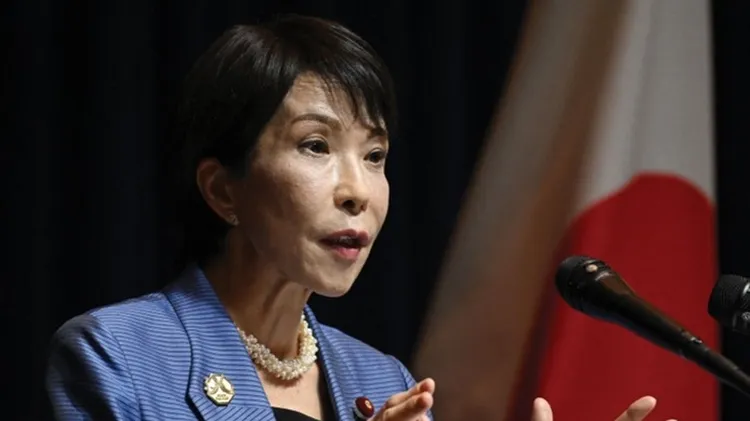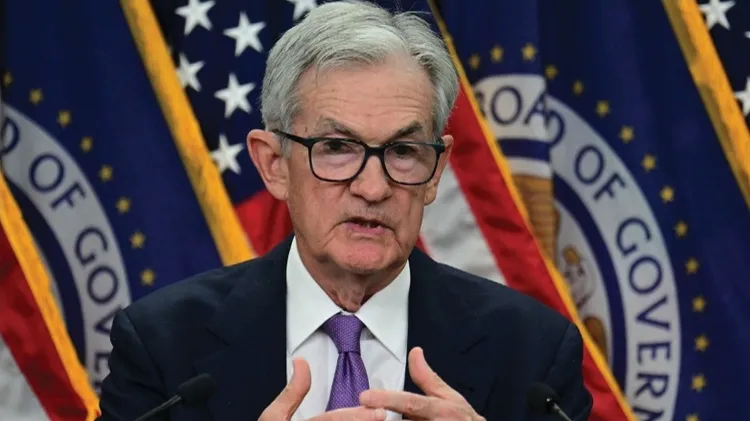The country’s growth spurt has been extraordinary in recent deca
Has china run out of steam?
3 min read
This article is from...
Read this article and 8000+ more magazines and newspapers on Readly






